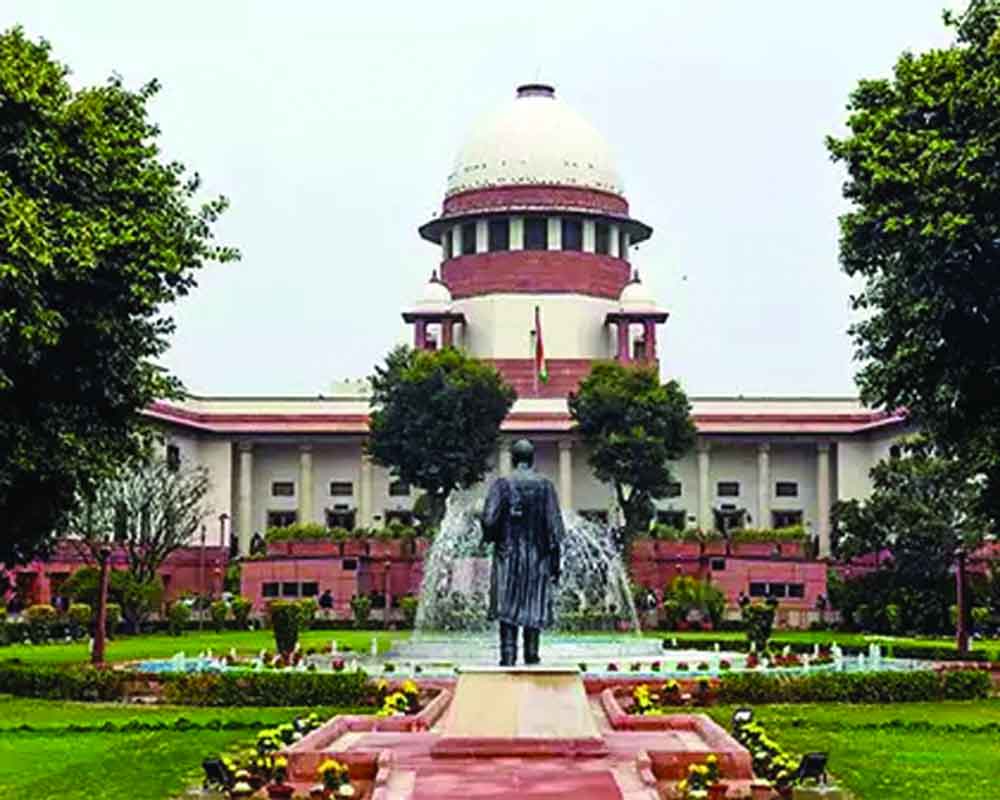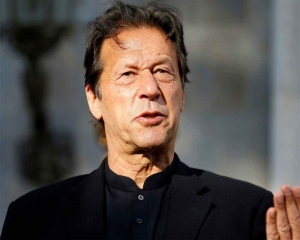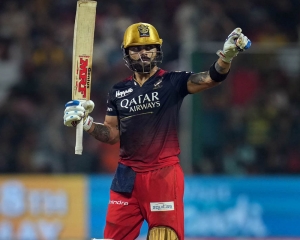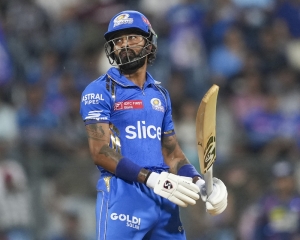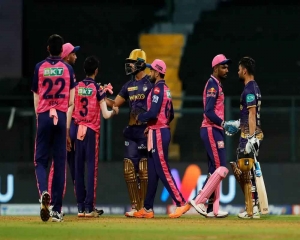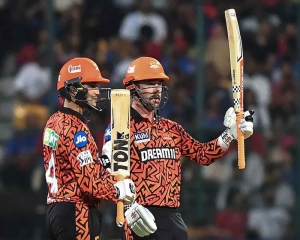Celebrities and influencers are equally liable for misleading endorsements, says the SC
In a landmark ruling, the Supreme Court has declared that celebrities and influencers are equally liable if they endorse misleading advertisements. Hearing a petition filed by the Indian Medical Association against Patanjali’s advertisements, the Bench of Justices Hima Kohli and Ahsanuddin Amanullah has come down heavily on the influencers and celebrities who feature in such adverts. In the age of social media, celebrities and influencers wield considerable influence, with millions of followers taking their word as gospel truth. In many instances, the endorsements are misleading or false, leading to consumer detriment and eroding trust in advertising. The Supreme Court’s ruling represents a crucial step towards ensuring transparency and accountability in advertising practices. With millions of impressionable individuals looking up to them, these personalities possess a moral obligation to exercise due diligence while endorsing products or services. The failure to do so jeopardises consumer trust. Furthermore, the court emphasised the need for stricter regulations and enforcement mechanisms to deter deceptive advertising practices. While existing laws and guidelines provide some level of protection to consumers, they often fall short in holding celebrities and influencers accountable for their actions. The apex court’s ruling sends out a clear message that no individual, regardless of their fame or influence, is allowed to mislead public for personal gains.
The ramifications of the Supreme Court’s decision are far-reaching for celebrities and influencers alike. Moving forward, these individuals must exercise greater caution and diligence when entering into endorsement agreements. They are obligated to ensure that the products or services they endorse are truthful, substantiated and in compliance with advertising regulations. This heightened accountability serves as a powerful deterrent against unethical marketing practices and underscores the importance of transparency and authenticity in influencer partnerships. Of late, many film stars promote chewing pan masala under the guise of a mouth freshener. Other celebrities have promoted online gaming sites which are actually gambling sites smartly packaged as gaming sites. However, it is just the beginning and there is a long way to go before such advertising endorsements can be curbed. There have to be clear and concise guidelines (the existing ones are not enough) to stop surrogate ads. Moreover, to be fair to celebrities, they often do not know what they are promoting. Hollywood star Pierce Brosnan once featured in a chewing tobacco ad which he later said he was told was a mouth freshener. He can be given a long rope for not understanding the difference but Indian celebrities are supposed to know such underhand tactics. As celebrities and influencers navigate this evolving guideline, they must prioritise integrity and ethical conduct to maintain the trust and loyalty of their audience. This would be good for their reputation as well as for the society.













